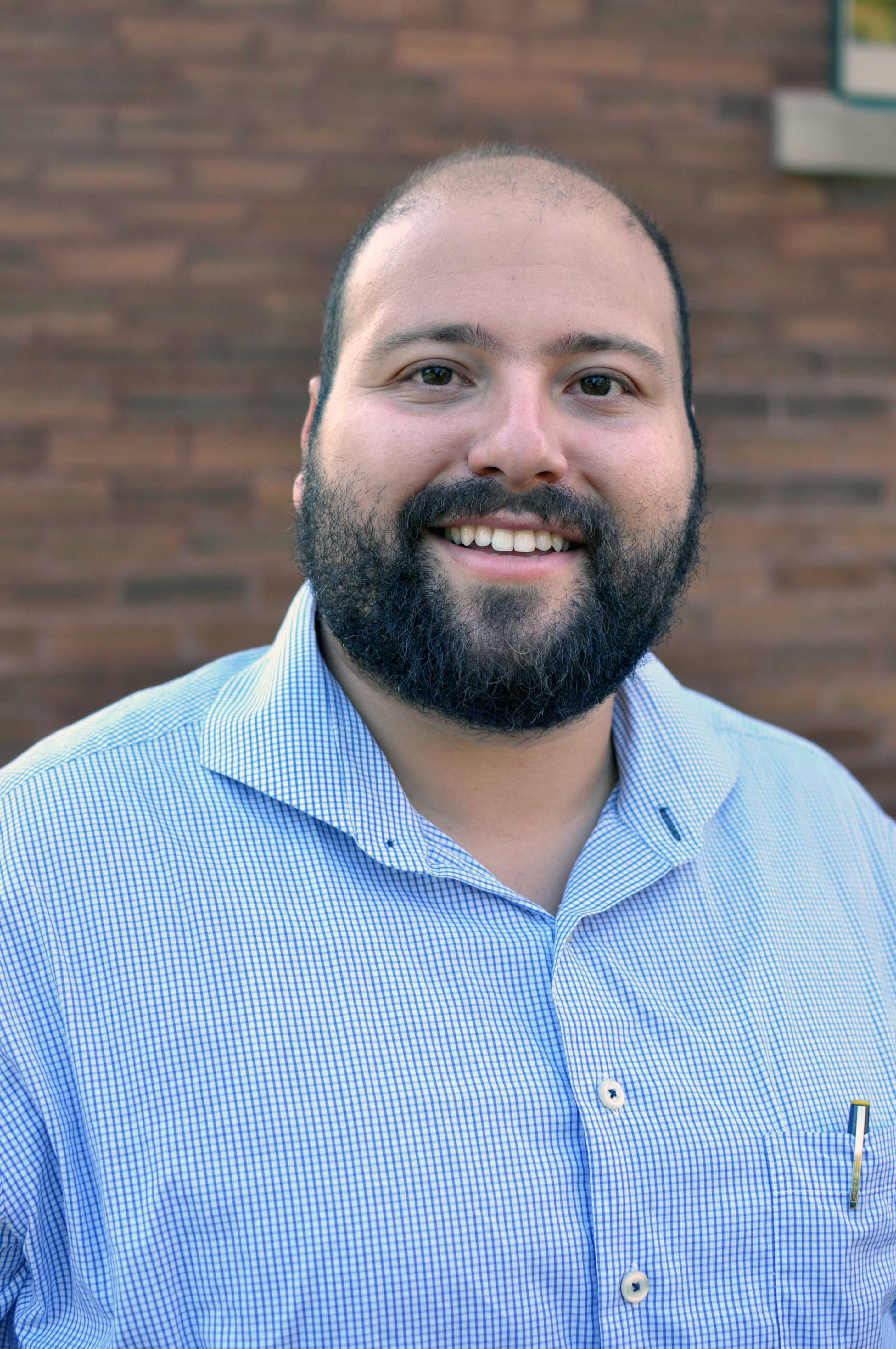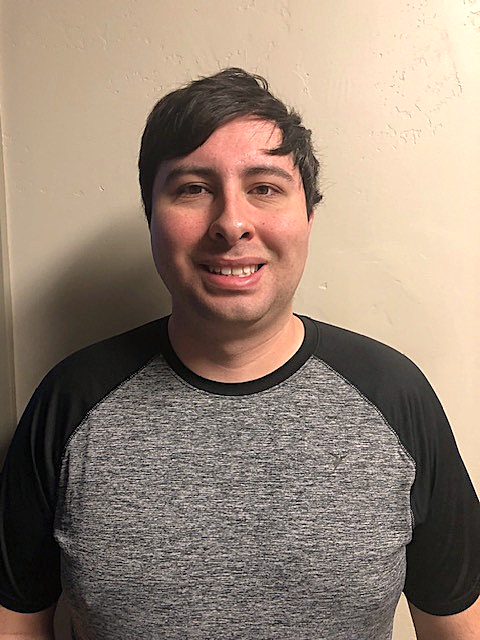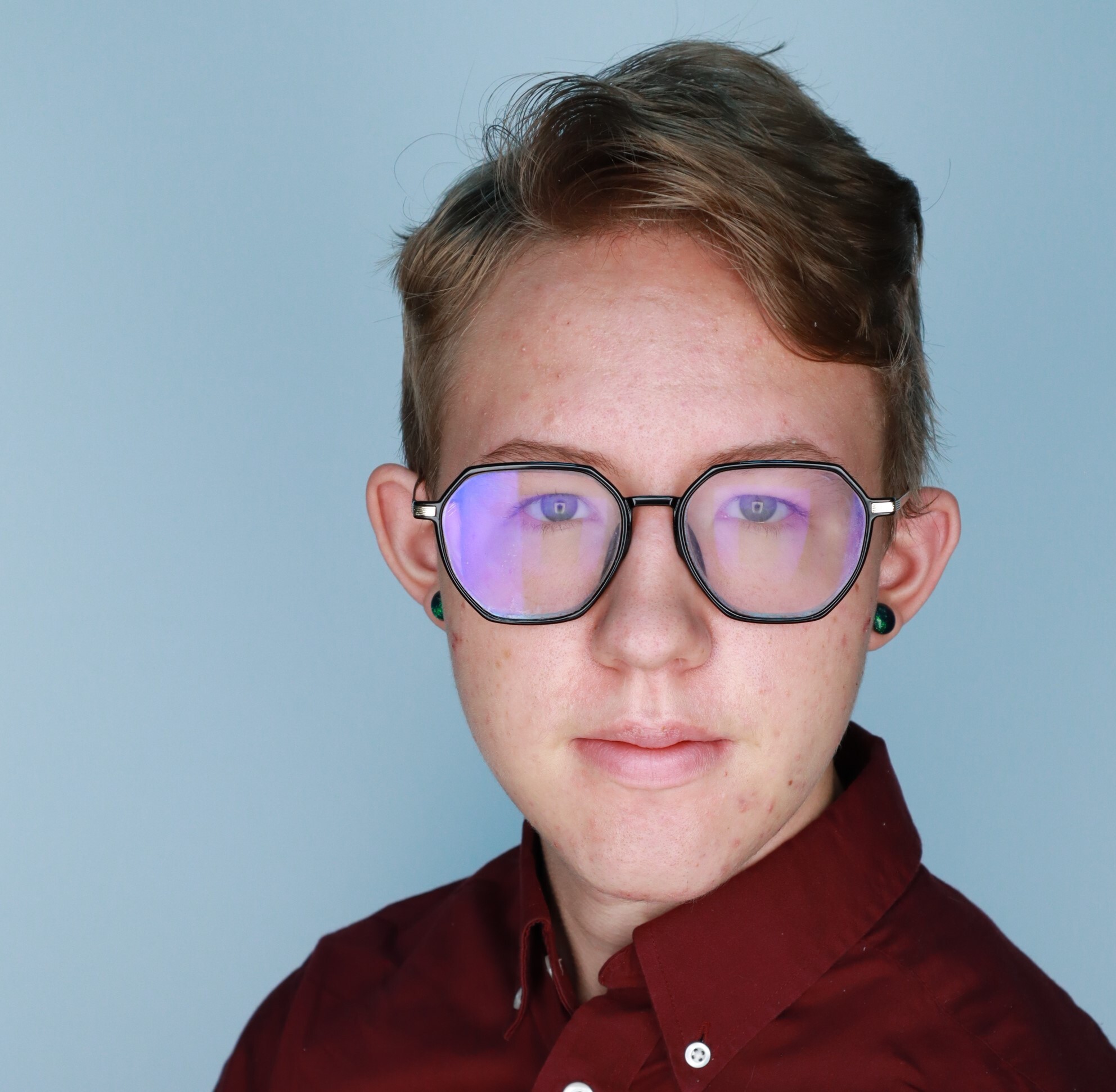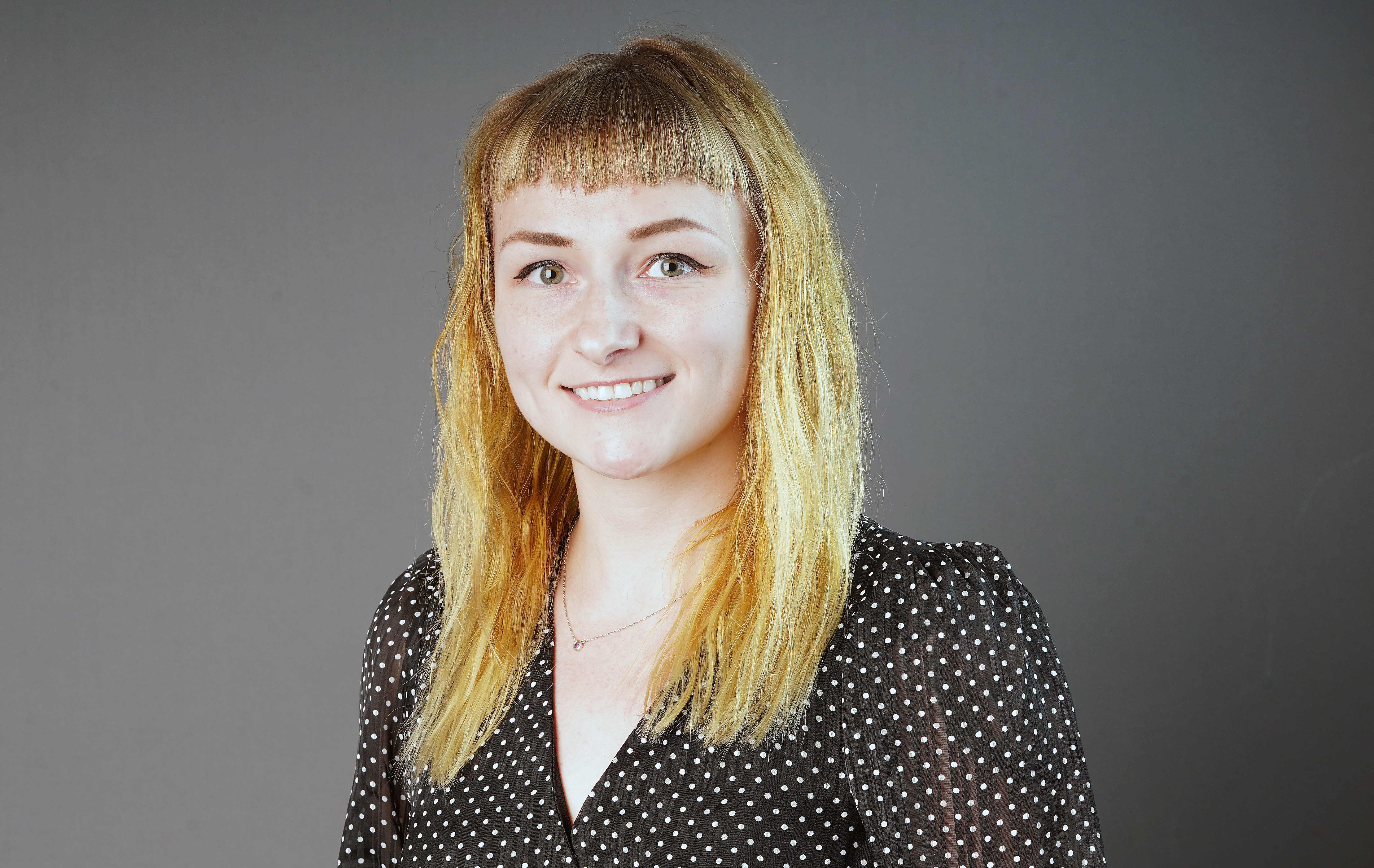Ilya Slizovskiy, MPH, DVM, PhD is an assistant professor of antimicrobial resistance and farm animal medicine in the Purdue University Veterinary Clinical Sciences Department, and is the Purdue University Veterinary Hospital infectious disease Epidemiologist effective February 12, 2024. He earned his MPH in environmental health sciences / occupational and environmental medicine at the Yale University School of Public Health and his DVM degree at Colorado State University before completing a residency in veterinary public health and preventive medicine and earning his PhD in epidemiology at the University of Minnesota.
As a public health veterinarian and microbiologist, Dr. Slizovskiy is dedicated to reducing morbidity and mortality in human and animal populations by addressing antimicrobial resistance, bacterial virulence, and pathogenicity. The Slizovskiy Lab develops genomic sequencing, computational, and statistical tools to characterize and predict the risks of AMR within and across diverse microbial communities (i.e., microbiomes). Over the next 5–10 years, Dr. Slizovskiy aims to expand the lab into a dynamic, collaborative, and innovative research hub. By leveraging insights from microbiome science, the lab seeks to enhance animal welfare and production, guide sustainable land and water use, and advance public health and disease prevention efforts.
![]()
Sakesh Andhavarapu is a first-year undergraduate student at Purdue University, where he is double majoring in Artificial Intelligence and Computer Science at the College of Science. Sakesh is also a member of the John Martinson Honors College. The Slizovskiy Lab is Sakesh’s first undergraduate research experience, but he looks forward to learning about antimicrobial resistance research and bioinformatics. In the spring of 2025, he will work on gaining important skills before working on a project involving Fecal Microbiota Transplantation, and then will continue in the laboratory as a Purdue SURFellow.
Undergraduate research scholar![]()
Lipika Das, Ph.D. completed her Ph.D. in December 2022 from the Institute of Life Sciences, Bhubaneswar, India. Her doctoral research focused on evaluating the composition and functional profiles of microbiomes associated with aquatic animals, specifically coral and freshwater puffer fish, using both culture-based and metagenomic approaches. Additionally, she investigated the gut microbiome of patients with ulcerative colitis (UC) and Crohn's disease (CD), as well as the vaginal microbiome of patients with recurrent bacterial vaginosis. Following her Ph.D., Dr. Das joined an interdisciplinary team at the Institute for Drug Discovery at Purdue University as a Postdoctoral Research Associate. Her work there involved understanding the role of cyclic dinucleotides in infection, cancer, and autoimmune disorders. Dr. Das joins LIDARR as visiting scholar to work on longitudinal study of the microbiome, resistome, and mobilome dynamics at the Purdue Veterinary Hospital. Dr. Das plans to transition as a post-doctoral scholar in 2025. Her long-term research interests are centered on understanding microbiota function across various contexts and developing microbiota-mediated therapeutics.
Post-doctoral research scholar
![]()
Alex Kimball, M.S. completed his Master's in Biomedical Informatics in May 2024 from the University of Utah. Previously, he was enrolled in the Genetics and Biotechnology Master's program at Brigham Young University, where his research focused on assessing the genetic diversity of Chenopodium berlandieri varieties and creating a reference-quality genome assembly of a cultivated variety, C. berlandieri ssp. nuttalliae. For his practicum in the Biomedical Informatics program, Alex worked with a professor at the Huntsman Cancer Institute to initiate bioinformatics work on a project called OncoCuisine MetaboMap. The project aims to identify diet-related metabolites with gene activity similar to drug compounds and discover dietary patterns that improve treatment responses in endometrial cancer (EC) and chronic lymphocytic leukemia (CLL).
Alex joins LIDARR as a Research Scientist, where he will assist with various genomic and metagenomic projects, focusing on the analysis of antimicrobial resistance (AMR) and bacterial pathogens in human and animal microbiomes. He will also provide bioinformatics support across human, animal, and environmental research dimensions. His position is supported by the Purdue University’s Regenstrief Center for Healthcare Engineering, which enables him to collaborate with a diverse set of stakeholders to improve health and healthcare outcomes through engineering and biomedical informatics.
Research scientist in bioinformatics
![]()
Gabriela Puerres, B.S.
earned her Biological
Engineering degree from Universidad Nacional de Colombia. Her research
experience spans molecular biology and microbiology, with a focus on
antimicrobial resistance and pathogen detection. She previously contributed to
bacterial biocontrol research for vector-borne diseases and completed an
internship at Purdue University, where she worked on nucleic acid
sequence-based amplification for foodborne pathogen detection. More recently,
at the University of Regina, she investigated Salmonella
enterica's antimicrobial resistance profile using proteomic
approaches.
At
LIDARR, Gabriela joins as a Master's degree student, committed to contributing to
public health by developing effective strategies for detecting, preventing, and
mitigating antimicrobial resistance. She aims to enhance her dry lab
skills by analyzing metagenomic and genomic data to deepen her understanding of
how microbiota and environmental factors influence bacterial virulence and the
transfer of antimicrobial resistance genes (ARGs). Additionally, she seeks to
use metagenomics to explore the interplay of microbial communities in health
and disease.
Graduate research scholar
![]()
Disha Ransingh is a first-year undergraduate student at Purdue University, majoring in Biomedical Health Sciences with a minor in Finance and a Certificate in Entrepreneurship and Innovation. As a Computational Biology research student in the Slizovskiy Lab, Disha analyzes a decade of AMR surveillance data from >50,000 culture submissions from the Purdue University tertiary Veterinary Teaching Hospital. By identifying trends in multidrug-resistant organisms (MDRO), Disha contributes to improving infection management and infection control protocols associated with AMR. Additionally, Disha has developed statistical models using R and Python to evaluate the impact of routine MDRO screening on infection rates and treatment effectiveness, which will support an upcoming research publication. Disha is also responsible for data wrangling and visualization of key epidemiological measures, including incidence and prevalence rates, hospital stay duration, and changes in AST profiles, applying machine learning techniques to derive insights.
Disha is passionate about leveraging computational biology and data science to tackle complex health challenges, particularly in the areas of antimicrobial resistance, epidemiology, and digital health technologies.
Undergraduate research scholar
![]()
Kelsey Teeple, M.S. joined the Slizovskiy lab as a PhD student in the Veterincary Clinical Sciences Department. During her time as a Master’s student, she observed that dairy calves commonly experience infectious disease related morbidity, and that these early life health events produce long-term impacts in health and growth trajectory of animals. Ultimately, Kelsey seeks to understand what underying microbiological drivers and microbiome-level processes underpin early infectious disease onset and failure of standard therapies. While her favorite species to work with are dairy cattle, Kelsey is happy to work with any animal in the lab or the field. Kelsey’s goal of joining the Slizovskiy lab is to expand her knowledge to include microbiology and metagenomics, as well as further her wet lab arsenal as a scientist.
Prior to joining the lab, Kelsey completed her Master’s in Science at Purdue University in 2023 through the Animal Sciences department. Kelsey worked under Dr. Theresa Casey in the Mammary Gland and Lactation Physiology lab, and her thesis project focused on developing a model system to tease apart the impact of circadian disruption, prepregnancy obesity, and stress on pregnancy and lactation competence. While this project utilized a mouse model, Kelsey had the opportunity to work on a wide variety of projects, spanning from molecular biology and 2D and 3D cell culture to working with pigs and dairy cattle. While working in Dr. Casey’s lab, Kelsey worked closely with and mentored numerous undergraduate students. Her mentorship to the undergraduates led her to be nominated and awarded the Purdue College of Agriculture’s Pathmaker Award, which highlights graduate students that devote themselves to mentorship.
Doctoral research scholar![]()
Reed G. Brzezinski is a student entering his third year at the University of Colorado Boulder, where he majors in Computer Science. Previously, he conducted research with the Economics Department at CU Boulder, studying the impacts of participation in the American Economic Association Mentoring Program. He is at Purdue for the summer through the Student Undergraduate Research Fellowship (SURF) program. His current work with LIDARR focuses on quantifying the potential for antimicrobial resistance gene transfer to patients who are candidate recipients of fecal microbiota transplantation for recurrent Clostridioides difficile (rCDI) infections, as well as for the correction of 'dysbiosis' associated with chemotherapy for cancer treatment. This project is his first experience with bioinformatics, and he has learned a lot during the short time of the SURF summer session. Moving forward, Reed intends to minor in Quantum Engineering at CU Boulder, then earn a graduate degree in Quantum Computing.
![]()
Rebekah Mou is a second-year undergraduate student at Purdue University where she is majoring in Biomedical Engineering and minoring in Computer Science and Studio Art and Design. Though Rebekah has little formal laboratory experience, she is excited to delve into the world of antimicrobial resistance research and bioinformatics. Rebekah is also taking on the role as the LIDARR wet lab manager. She is working on establishing laboratory SOPs for optimal molecular workflows, laboratory biosafety, and in the Summer of 2025, she will begin piloting novel metagenomic sequencing techniques.
Undergraduate research scholar
No photo

![]()




![]()


